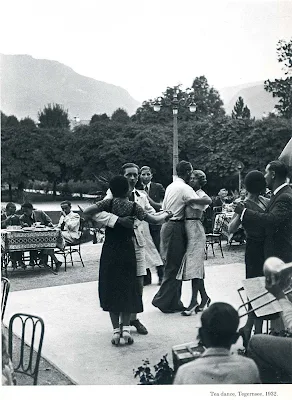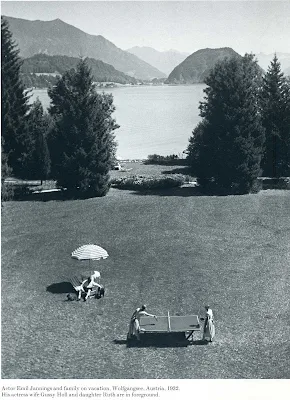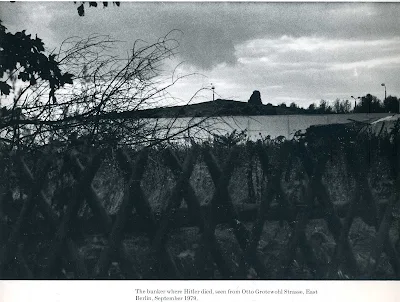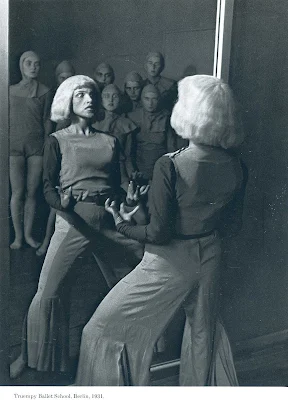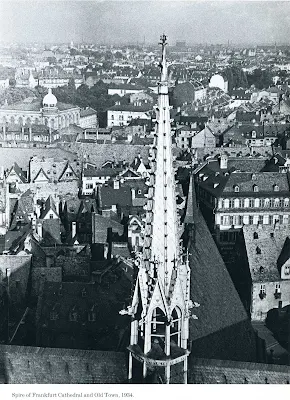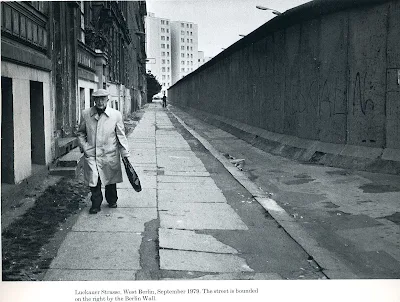Alfred Eisenstaedt has frequently been described as the father of
photojournalism. He was one of a handful of pioneers who developed photo
reportage in the late 1920s and 1930s, coincident with the emergence of
high-speed Leica cameras. On view are 93 black-and-white photographs by the
German émigré, contrasting Germany of the 1930s with that of today. Among those
seen in the 1930s photos are Marlene Dietrich and Joseph Goebbels; Max
Schmeling is seen in both groups of photos.
«Τα μάτια του μίσους», Alfred Eisenstaedt, 1933. Σε
μια συνεδρίαση της Κοινωνίας των Εθνών το 1933, ο ναζιστής υπουργός προπαγάνδας
Γιόζεφ Γκαίμπελς παραμένει καθιστός, ενώ μιλάει στον διερμηνέα του. Ο
γεννημένος στη Γερμανία Alfred Eisenstaedt, ένας από τους ιδρυτές φωτογράφους
του LIFE αργότερα, θυμήθηκε ότι ο Γκαίμπελς του χαμογελούσε μέχρι που έμαθε ότι
ο Eisenstaedt ήταν Εβραίος. Τη στιγμή αυτή συνέλαβε σε αυτήν τη φωτογραφία.
Ξαφνικά, «με κοίταξε με μίσος στα μάτια και περίμενε να μαζευτώ», είπε ο
φωτογράφος. «Αλλά δεν το έκανα».
A marvelous book of photographs from the great German photographer
Alfred Eisenstaedt, all of his native country, spanning 1913 to 1980.
Eisenstaedt fled Germany in 1935 for the West, during the Nazi era, and
photographs people as diverse as Gunter Grass, Joseph Goebbels, Lufthansa
stewardesses and chimney sweeps during 50 years of German history. He likes to
contrast Germany of the '20s and '30s with the informality of Berlin in the
late '70s and early '80s.






